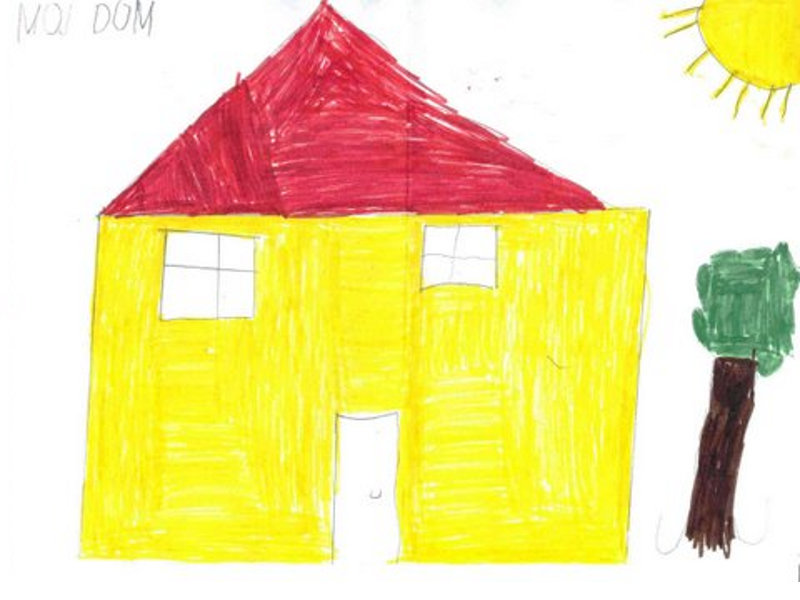Slavica, from Croatia, 52 years old, construction technician, unemployed, mother to 2 sons of 16 and 17 years old.
Slavica is a well educated woman who has suffered for more than 15 years unthinkable physical and psychological abuse by a husband who suffers from a personality disorder.
Her ex-husband beat her up, maltreated and psycholocically abused her for years. He used to make her and their children sit at the table in silence, without allowing them to speek to each other, without moving, she need only look at him… while he enjoyed their pain and suffering for hours.
But, Slavica, in tears, says that much of the torture her ex-husband put her through does not hurt that much because “he is sick and has lost his mind”. What hurts her most is the mistreatment from the institutions who were supposed to help and support her when he beat her up and tried to kill her with a hatchet. She says that he tried it so many times that she stopped counting, but that the last time when he tried to kill her the police accused her and did not even mention him or the hatchet.
From institutions such as the police and the social services, she has experienced unimaginable humiliation as if she had been the one who was abusing her husband.
Eventually he kicked her out of the house and took away her children. She found shelter in a Safe House. Everyday she went to her sons’ school. It was the only way to see them. She had to take care that they would not see her, so that their father would not mistreat them or beat them up.
One day she managed to ‘kidnap’ her own children and take them to the Safe House. When she took them from school they were hungry and dirty. They have psychological problems to this day.
When I asked her if she has managed to find peace and what makes her happy besides her children, Slavica says that “on the day he pays alimony for the kids i go to the first shop and buy myself a pack of cigarettes because my husband never allowed me to smoke, not to mention buying cigarettes because he knew how much cigarettes made me happy.”
Slavica said “So when I bought them for the first time without fear I felt such victory and liberation over a simple pack of cigarettes, because they were the symbol of my freedom and happiness!”

